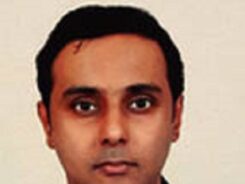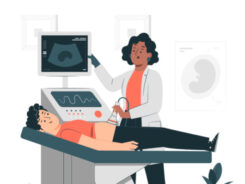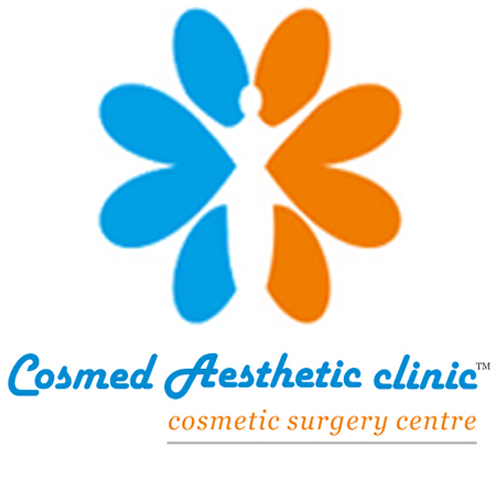Surgical Experts
Television shows have glamorized the profession of plastic or cosmetic surgery as a “nip and tuck” job. This phrase is a reference to the art of pulling back skin and cutting out the excessive tissue to remove wrinkles. Similarly, the term “cosmetic” conjures up images of eyebrows, lips, and skin care. However, surgical procedures involve scalpels, sutures, syringes, and sterilization. The experts are more concerned about scientific, technical, and aesthetic aspects of the profession. Dr. Rajat Kapoor is not just a general surgeon but also a specialist in cosmetic, laser, and plastic procedures.
- General physicians or MBBS doctors stick to diagnosis, medication and basic surgeries.
- MS or General Surgery is a postgraduate qualification or specialization in surgery.
- MCH (Master of Chirurgiae – Plastic Surgery) is a super-specialization that deals with restoration or reconstruction of form and functionality.
- The plastic surgeon, popularly known as the cosmetic surgeon, is qualified to carry out a wide range of procedures on skin, face, breasts, waist, hips, neck and limbs.
- The two main case streams handle by specialists are reconstruction and aesthetics.
- Aesthetics is the appreciation of beauty and its attributes such as form, size, shape, and symmetry. Related surgeries are breast enhancement or reduction, liposuction, tummy tuck, chin lift, eye lift, wrinkle removal.
- Reconstruction surgery is primarily categorized as functional sequelae. Burn, accident, injury, trauma or diseased patients are treated to restore functionality.
Types of Surgery
Plastic surgery is not just about nose jobs, face lifts, and increasing the size of a woman’s breasts. There is a wide range of cosmetic procedures that can be performed in different areas of the body. Experts understand both the artistic and functional aspects of a human body.
The following treatments are more effectively performed by specialist surgeons rather than inexperienced practitioners.
1. Cosmetic Procedures
These are skin care techniques that do not have any surgical acts like incisions, sutures, tissue removal, etc., Botox injections, dermal fillers, chemical peels, laser resurfacing, and microdermabrasion rejuvenate and revitalize the skin. Extraction of fat using needle injections is also categorized as a minimally invasive or minor scale liposuction.
2. Hair Transplant
Laser and surgical methods are applied to prevent hair loss or treat baldness through transplantation. Reputed surgeons assure painlessly and risk-free procedures with minimized bleeding, scarring, postoperative care, etc.,
3. Face Surgeries
Maxillo-facial expertise comes in handy when the expert performs face, forehead, and brow lifts. He also tweaks the nose, face, and eyebrows to create beauty or youthful appearance.
4. Contouring
The certified specialist can handle everything from simple and localized fat removal to complete body contouring. Surgeries related to breast, tummy, waist, hips or complete body shape requires an aesthetic eye. The skilled expert has complete mastery over the muscle-skeletal system, skin, adipose, subcutaneous and connective tissue.
Certification and Trust
The board-certified professionals are specialists with technical knowledge, practical experience, and learning skills. They are undoubtedly the creamy layer in this profession that delivers undiluted joy. The patients who aspire to beauty and healthy body image approach the best cosmetic surgeon. The surgical expert delivers the below-listed benefits –
- He has spent many years in acquiring knowledge and practical skills at UG, PG, and super specialty levels.
- The learning graph of the certified expert climbs up with each passing year. The skills and experience are also honed in a proportionate manner under senior supervision.
- Trial and error methods are eliminated at the student level due to academic guidance and regular practical’s. Specialists do not make rookie mistakes and their grasp of specialized knowledge is beyond doubt.
- Competitive nature of universities, medical councils, and registered associations strengthens the surgeon’s commitment, medical acumen, and social skills.
- A large network of peers and like-minded colleagues create an atmosphere of excellence. Experts attend seminars, conferences, and meetings to update and upgrade their surgical skills at regular intervals.
- Diagnoses, simple and complex surgeries are all well within their grasp. They do not hesitate or compromise on quality and safety of surgical practices.
Finally, they prescribe apt surgical procedures and perform them with great ease. The success rate of an expert is always higher in terms of number and percentages.
















































































